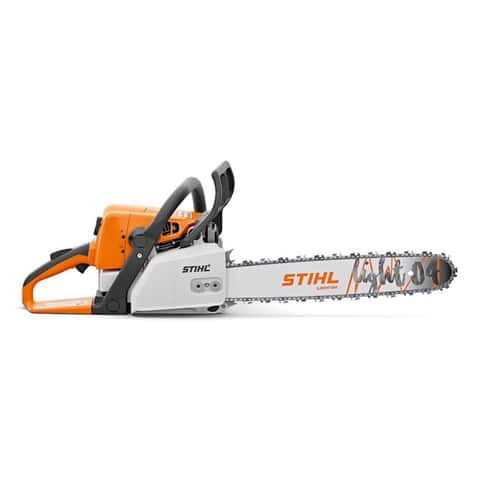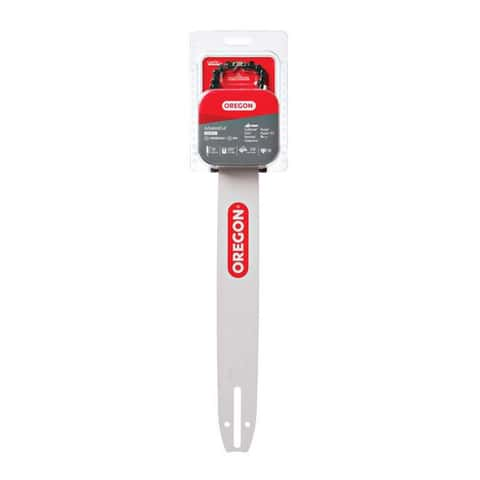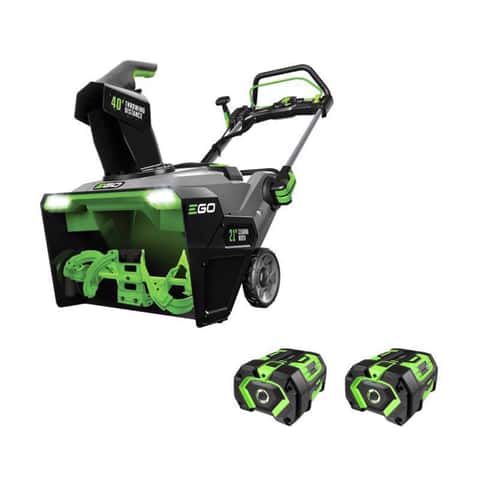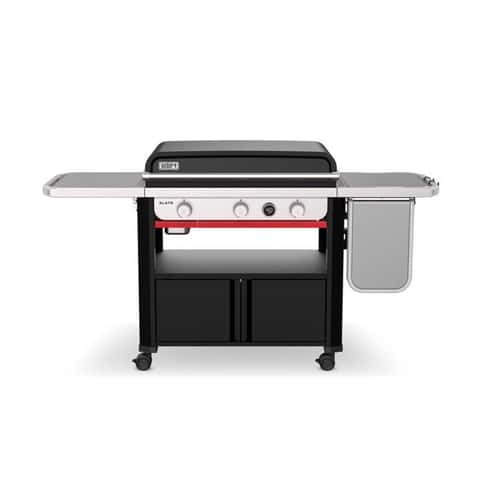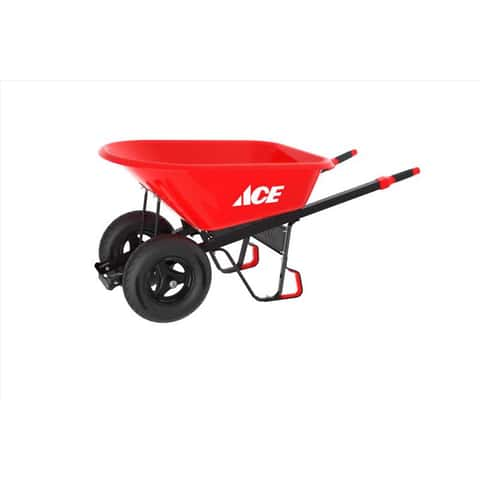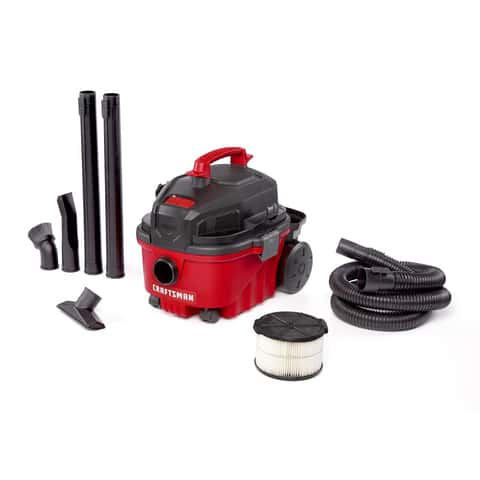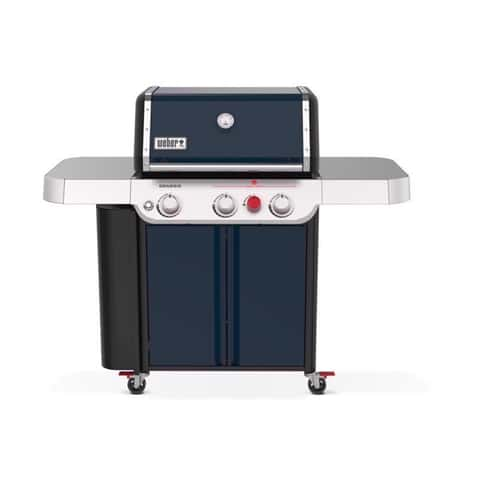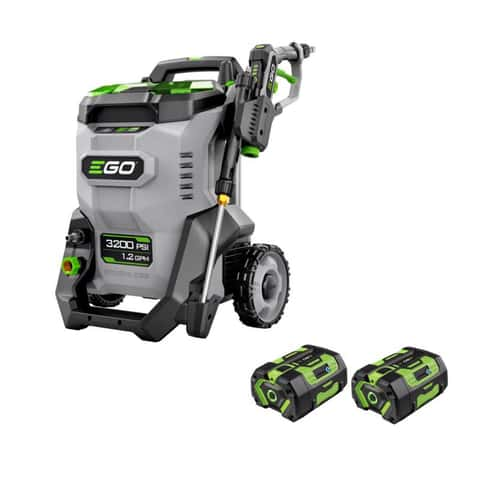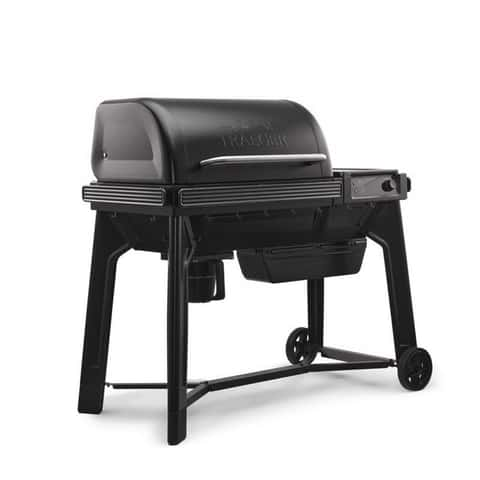Embark on a transformative journey of wellness with Trip Massage, where the union of ancient healing traditions and modern therapeutic techniques awaits you. At Trip Massage, we believe in the profound connection between mind, body, and spirit, and our holistic approach reflects this ethos. Step into our serene sanctuary, a haven meticulously designed to soothe your senses and elevate your well-being from the moment you arrive. As you enter, the gentle fragrance of essential oils fills the air, setting the stage for a transcendent experience. Our team of skilled therapists, handpicked for their expertise and dedication, are committed to guiding you on a path to rejuvenation and renewal. Whether you seek relief from physical discomfort, stress reduction, or simply a moment of relaxation, each session is tailored to address your unique needs and goals.

Choose from an array of therapeutic modalities, including Swedish massage, deep tissue therapy, aromatherapy, and more, each meticulously curated to restore balance and harmony to your body and mind. As the skilled hands of our therapists work their magic, tension melts away, leaving you feeling restored, invigorated, and 강남출장마사지 deeply nourished. But the journey does not end there. At Trip Massage, we understand that true wellness extends beyond the treatment room. That is why we offer personalized wellness consultations, empowering you with the knowledge and tools to cultivate a lifestyle that supports your health and vitality long after you leave our sanctuary. Whether you are embarking on a wellness journey for the first time or seeking to deepen your practice, our experienced practitioners are here to support you every step of the way.
In addition to our signature massage therapies, we also offer a range of complementary services to enhance your experience, from energy healing and meditation to yoga and nutritional counseling. Immerse yourself in the healing power of touch and embark on a journey of self-discovery and transformation at 강남출장마사지 Trip Massage. Your well-being is our highest priority, and we are committed to providing you with an experience that nurtures not only your body but also your mind and soul. So come, escape the stresses of daily life and reconnect with your innermost self in our sanctuary of serenity. Let Trip Massage be your guide as you journey toward a life of health, balance, and vitality. Your path to wellness awaits. Regular practice of trip massage can lead to improved sleep quality, enhanced immune function, reduced anxiety and depression, and increased overall resilience to stress. It is not merely a luxury indulgence but a fundamental investment in one’s health and well-being.



